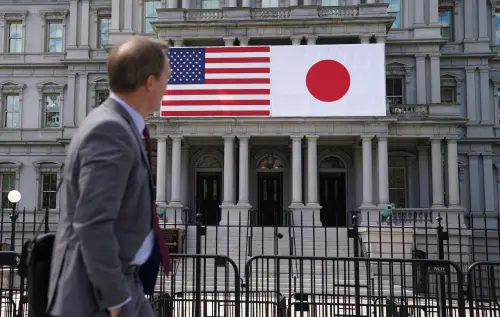“The use of chemical weapons is and would be totally unacceptable,” President Obama warned Bashar al-Assad’s government last December. “If you make the tragic mistake of using these weapons, there will be consequences and you will be held accountable.”
This threat followed the president’s earlier warning that “a red line for us is we start seeing a whole bunch of chemical weapons moving around or being utilized.” This red line has come to haunt Mr. Obama. Last week, the American intelligence community assessed “with varying degrees of confidence” that the Syrians had used the chemical agent sarin in their attacks on the opposition.
The administration’s ultimatum now seems like cheap talk, and it illustrates the risks of carelessly drawing red lines and issuing highly public threats that won’t be enforced.
So far, at least, the Obama administration has put off both consequences and accountability and simply pushed for further investigation. Meanwhile, Mr. Assad has not blinked, and the president’s political opponents, like Representative Mike Rogers, Republican of Michigan, argue that Iran and North Korea will draw the wrong lessons if the president lets Mr. Assad call his bluff.
Red lines can be attractive tools of foreign policy, deterring foes from ethnic cleansing, genocide or, in the case of Syria, using chemical weapons. Part of the reason to go public, as one administration official put it last year regarding Syria, is to have a “deterrent effect.” By threatening to act in advance of a problem, you stop the problem and don’t have to act. Issuing a red line can also reassure allies or placate domestic critics.



Commentary
Op-edMr. Obama, Don’t Draw That Line
May 4, 2013